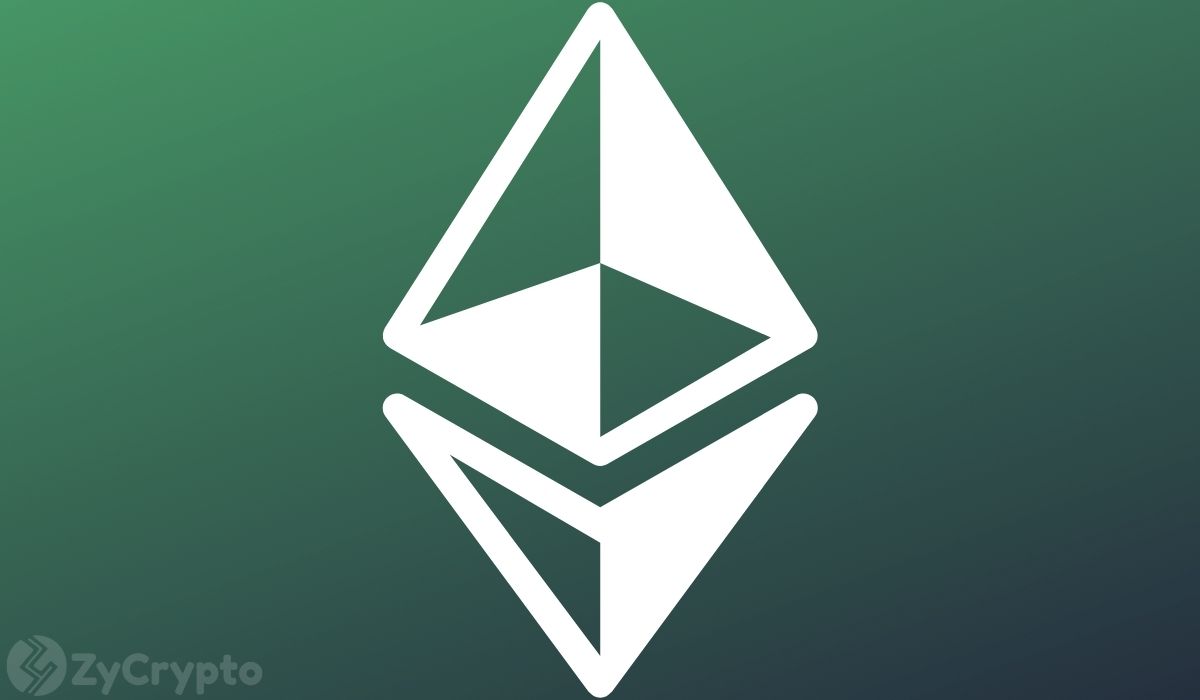
Vitalik Buterin, co-founder of Ethereum, has emphasized the importance of maintaining open systems within Ethereum Layer 2 (L2) solutions, highlighting their role in ensuring transparency, user control, and market integrity.
In a tweet on Wednesday, Buterin stressed that businesses operating on Ethereum L2s have the flexibility to decide how much control they retain versus what they give to users. However, he argued that whichever approach businesses choose, it is essential that the rules are clear, transparent, on-chain, and auditable by third parties.
Buterin further outlined different system models, noting that businesses can choose a closed system where the operator has the ability to modify the state root. In such systems, users would be fully aware of the risks involved, with independent groups like L2Beat monitoring the system.
“You can create a very closed system where there’s no escape hatch, and where the operator can edit the state root, but users will know exactly what they’re getting into, and L2Beat and independent internet sleuths will help them,” he said.
Alternatively, businesses can opt for a fully open system or a hybrid model, where users retain some control, but certain constraints, such as transaction throttling instead of censorship, are put in place.
Buterin concluded by stressing two key aspects of the Ethereum ecosystem. First, ensuring that a substantial amount of financial activity occurs within fully open environments, and second, providing users with the necessary tools to understand the on-chain environments they interact with.
This perspective aligns with Buterin’s previous discussions about Ethereum’s future. In early 2024, he emphasized the importance of cultural diversity within Ethereum’s L2 ecosystem and the need for L2s to remain open-source to preserve Ethereum’s decentralized ethos. He also supported Ethereum Improvement Proposals (EIPs) aimed at enhancing cross-chain interoperability between L2 networks, reinforcing the open-source nature of L2 development.
In September, Buterin’s strategy for Ethereum’s future focused on a rollup-centric roadmap, urging the development of L2 solutions that align with Ethereum’s foundational open-source principles. This vision was supported by Steven Goldfeder, co-founder of Offchain Labs, who defended Buterin’s push for open-source L2 solutions as a way to stay true to Ethereum’s original ethos.
That said, Buterin’s comments come as developers push to expand Ethereum’s blob capacity for Layer 2 scaling. Last November, the pundit acknowledged the growing demand for blobs or data chunks used by Ethereum’s rollups to store transactions, which continues to exceed the target rate.
“One part of L2 scaling is increasing Ethereum’s blob capacity, while the other is making rollups more data-efficient.” He had noted.
from ZyCrypto Read More
